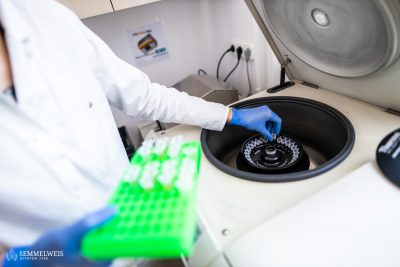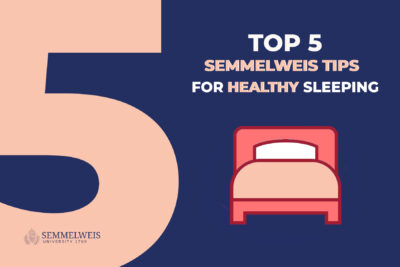It is well known that with the emergence of new variants of COVID-19 (delta variant, omicron), an increasing number of cases of coronavirus infection have been reported in the twice-vaccinated population, and the issue of a third (second in the case of Johnson & Johnson’s Janssen vaccine) vaccine has been raised. Since then, several studies have shown that the third vaccine (the so-called booster shot) is effective in cases where the type of vaccine is the same as the first two (homologous vaccination). However, there has been little data on cases where the type of the third vaccine is different from the first two (heterologous vaccination).
That is why a study published in The New England Journal of Medicine in January 2022 is of great importance, showing that heterologous booster vaccination is as effective as, or even more effective than, homologous vaccination, and has no significant side effect profile. The study evaluated three vaccines – from Pfizer-BioNTech (BNT162b2), Moderna (mRNA 1273) and Johnson & Johnson – Janssen (Ad26.COV2.S) – at ten US sites between May 29 and August 13, 2021. The phase 1-2, non-randomized, open-label clinical trial enrolled 458 people who had received two Moderna, two Pfizer-BioNTech or 1 Johnson & Johnson – Janssen vaccine at least 12 weeks earlier and had no reported history of COVID-19 infection. The study population was divided into 3 equal groups, in which subjects received Moderna, Pfizer-BioNTech or Johnson & Johnson – Janssen vaccines as booster vaccines. Thus, the vaccinated subjects formed a total of 9 groups, with approximately 50 subjects per group. In all groups, there was an equal proportion of 18-55 year olds and 56+ year olds. Binding and neutralizing antibody responses and T-cell immunity were assessed on days 1, 15 and 29 of the study. Importantly, neutralizing activity was also tested against beta and delta variants.
No serious adverse reactions were observed after any booster vaccination, with the most common vaccine reactions being muscle pain, fatigue, headache, localized pain at the injection site and fever, but no difference between groups.
 Binding and neutralizing antibody responses to booster vaccination were similar, and in some cases more pronounced, for heterologous vaccinations than for homologous vaccinations. It is important to highlight that this finding also holds true for the delta variant. Neutralizing antibody testing is carried out in specialized scientific laboratories to assess the effect of the antibody in the patient’s blood serum on virus replication. The tests used in scientific analysis should not be confused with antibody level measurements used in clinical practice, noted rector Dr. Béla Merkely.
Binding and neutralizing antibody responses to booster vaccination were similar, and in some cases more pronounced, for heterologous vaccinations than for homologous vaccinations. It is important to highlight that this finding also holds true for the delta variant. Neutralizing antibody testing is carried out in specialized scientific laboratories to assess the effect of the antibody in the patient’s blood serum on virus replication. The tests used in scientific analysis should not be confused with antibody level measurements used in clinical practice, noted rector Dr. Béla Merkely.
Similar results were also obtained when T-cell immunity was tested. In other words, the heterologous booster vaccine is equivalent to the homologous vaccine in this respect, and when the CD8+ T cell response was examined, a more significant immune response was detected in the case of heterologous vaccines (mainly Johnson & Johnson – Janssen vaccine given after mRNA vaccine or its inverse). The results of the study therefore suggest that the efficacy of heterologous vaccination for booster vaccines is equal – or in some cases better – than that of homologous booster vaccination.
Accordingly, based on the data available so far, it is absolutely necessary to take the third vaccination, so three vaccinations are the total vaccine regimen. However, it is not necessary to opt for a homologous booster vaccine, as heterologous vaccination is at least as effective
– rector Dr. Béla Merkely emphasized. Under laboratory conditions, there is a moderate but not significant difference in favor of mixing the vaccines, i.e. heterologous vaccination, he added. In his opinion, this could be because the different vaccines show different parts of the virus protein to our body.
The study will continue to assess how what is seen in the laboratory translates into what is seen in clinical care. In other words, how many cases of illness, hospitalization and severe disease will actually occur in each group of people affected.
Gábor Fülöp (Városmajor Heart and Vascular Center), Pálma Dobozi
Translation: Tamás Deme
Photo: Attila Kovács – Semmelweis University


